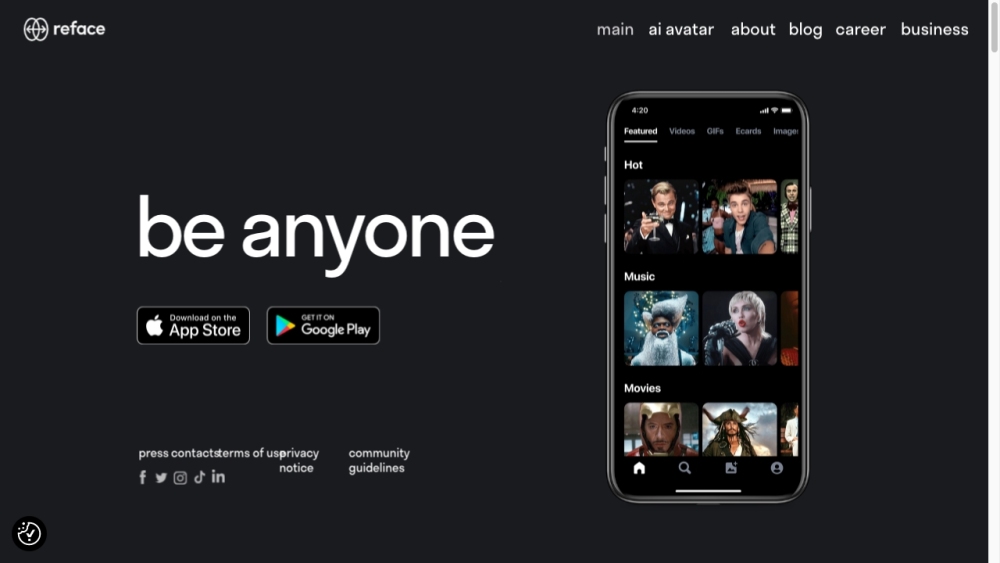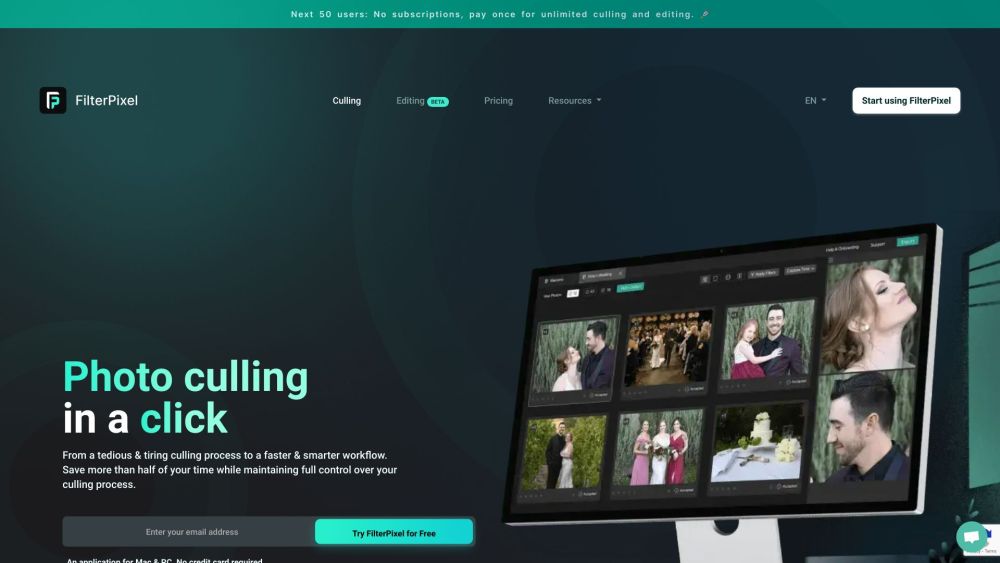One Startup's Setback Creates Opportunities for Others
In the dynamic world of AI, one startup’s challenge can open doors for another. A prime example is AI21 Labs, a company creating generative AI products similar to OpenAI’s GPT-4 and ChatGPT. Today, AI21 Labs announced a successful $53 million extension to its Series C funding round. With new investments from Intel Capital and Comcast Ventures, AI21’s total funding has now reached $336 million.
The startup’s valuation remains steady at $1.4 billion. Co-founder and CEO Ori Goshen shared that this new funding will be directed towards enhancing product development and expanding the team. Interestingly, some of these new hires might come from OpenAI, especially considering the recent wave of departures—unless they opt for roles at Microsoft.
“We are incredibly thankful for our investors’ faith in our advanced technology capabilities,” Goshen stated in a press release. “Widespread AI adoption demands a profound understanding of high-performance language models that can deliver greater value and impact. Our approach focuses on purposefully designing AI, making it far more efficient and cost-effective than building from the ground up.”
Founded in 2017 in Tel Aviv by Mobileye co-founder Amnon Shashua, Ori Goshen, and co-CEO Yoav Shoham, AI21 Labs is known for its innovative range of text-generating AI tools. The flagship product, AI21 Studio, is a pay-as-you-go developer platform that allows users to build custom text-based business applications utilizing AI21’s proprietary AI models. Additionally, the startup offers Wordtune, a multilingual reading and writing assistant comparable to Grammarly.
AI21 Labs provides its platform through APIs to facilitate various generative AI use cases, including summarization, paraphrasing, grammar, and spelling correction. The startup supports an expanding selection of languages, featuring Spanish, German, Italian, and Dutch.
In the competitive landscape of generative AI, AI21 Labs goes up against rivals like OpenAI, Cohere, and Anthropic, with other companies such as Jasper, Regie, and Typeface also in the mix. Major tech giants like Google, AWS, and Microsoft have offerings akin to AI21 Studio.
According to Shoham, AI21 distinguishes itself through a “more comprehensive systems approach.” He explained, “Our AI integrates knowledge and reasoning alongside statistical inference, allowing us to create a flexible architecture that combines multiple generative AI models with specialized knowledge and reasoning modules.”
While the uniqueness of this approach is open to discussion—some competitors may be using similar methodologies—there’s no denying that AI21 has a solid customer base. Goshen noted that several Fortune 100 companies include AI21 among their service providers, with Wordtune boasting over 10 million users.
Strategic partnerships with Dataiku and Amazon, particularly in relation to Amazon’s Bedrock generative AI development platform, have likely contributed to this growth. “AI21 is reinforcing the idea that a one-size-fits-all solution doesn’t work, as enterprises seek partners who can cater to their specific needs,” Goshen remarked.
It’s noteworthy that AI21 Labs marks Intel’s second major investment in public generative AI, the first being Stability AI. This connection is significant, considering Mobileye's ownership by Intel and Shashua's long-standing relationship with the company. It raises the question of whether Intel is feeling competitive pressure from rivals like Nvidia, which has seen substantial gains during the AI surge. Such a scenario wouldn’t be surprising.





